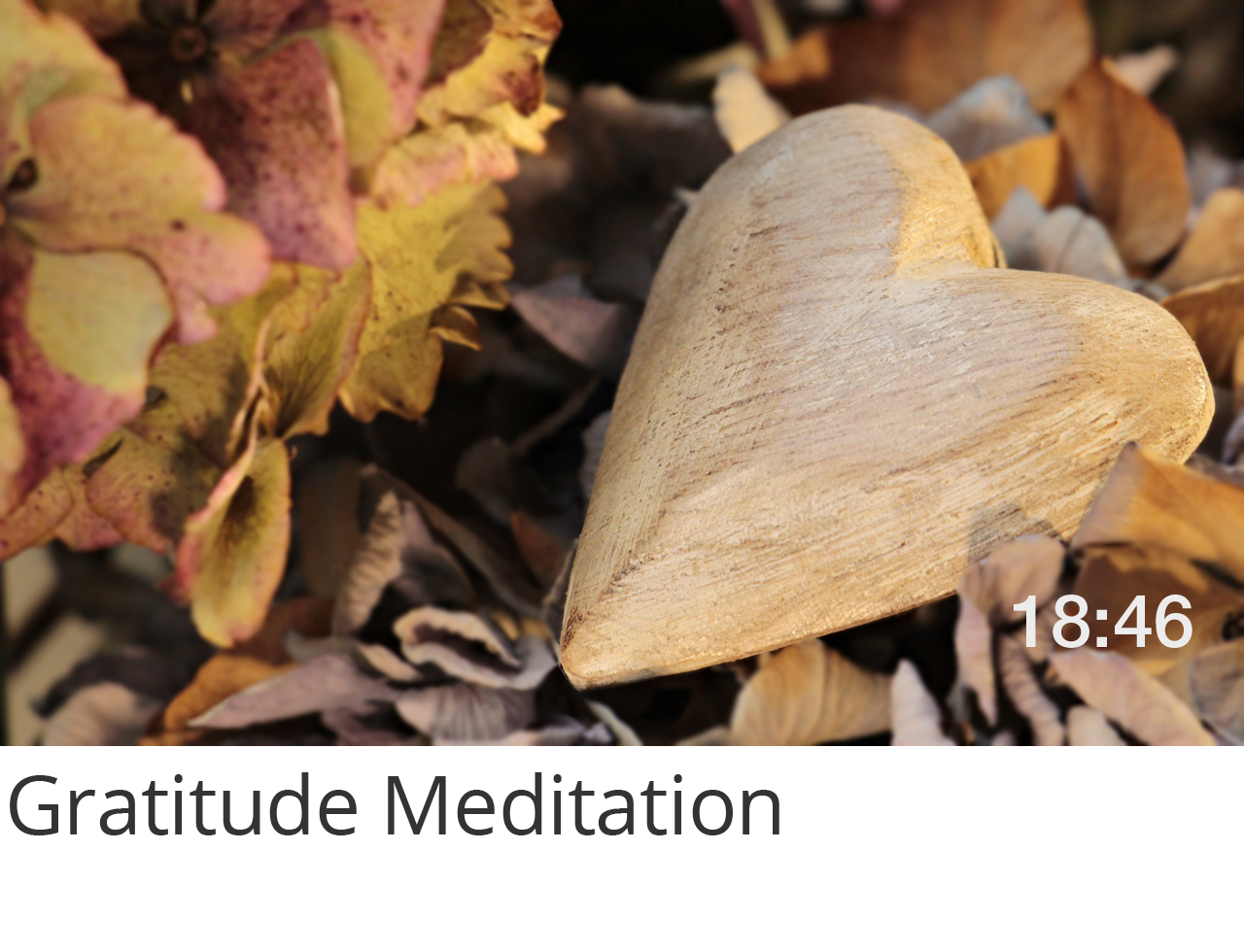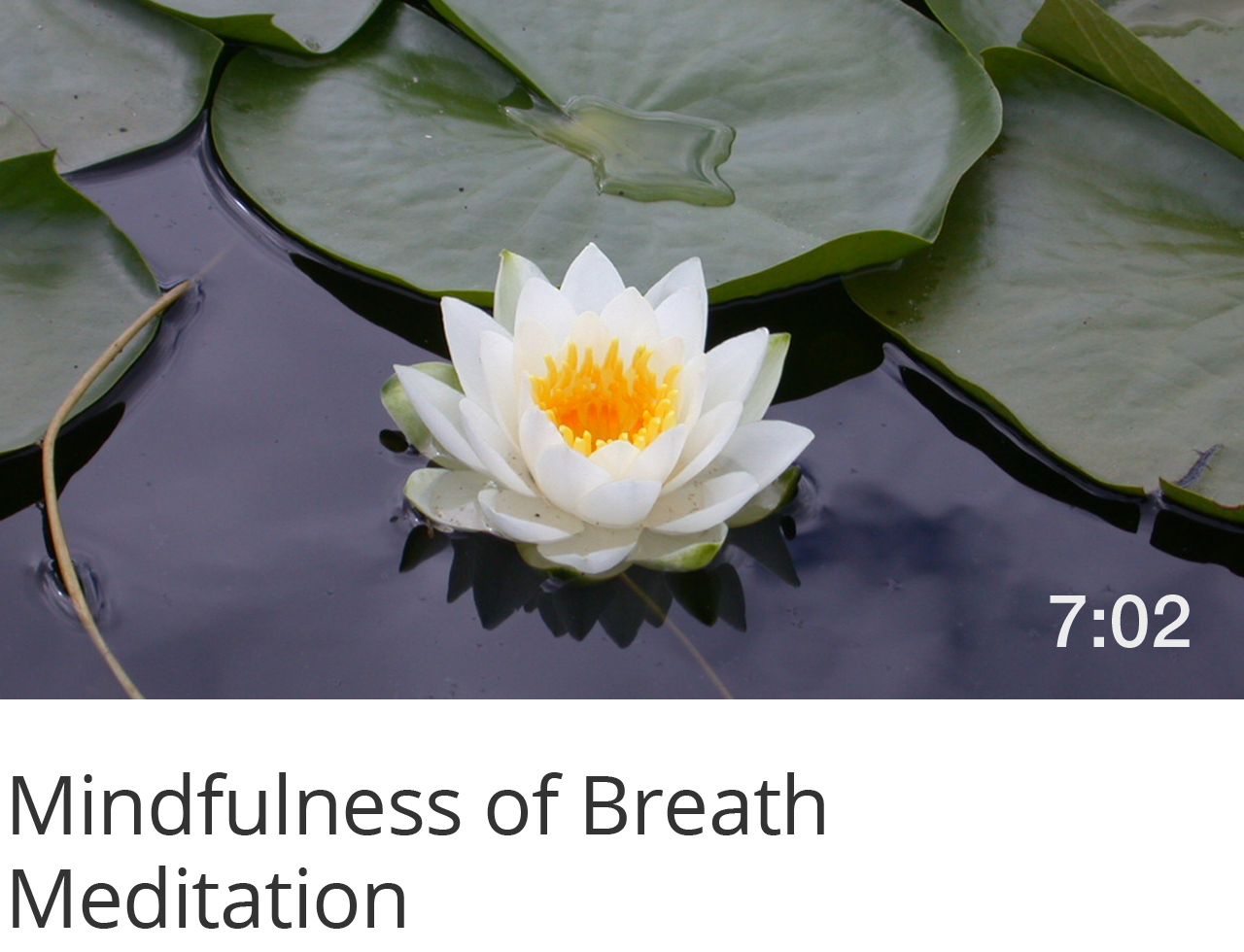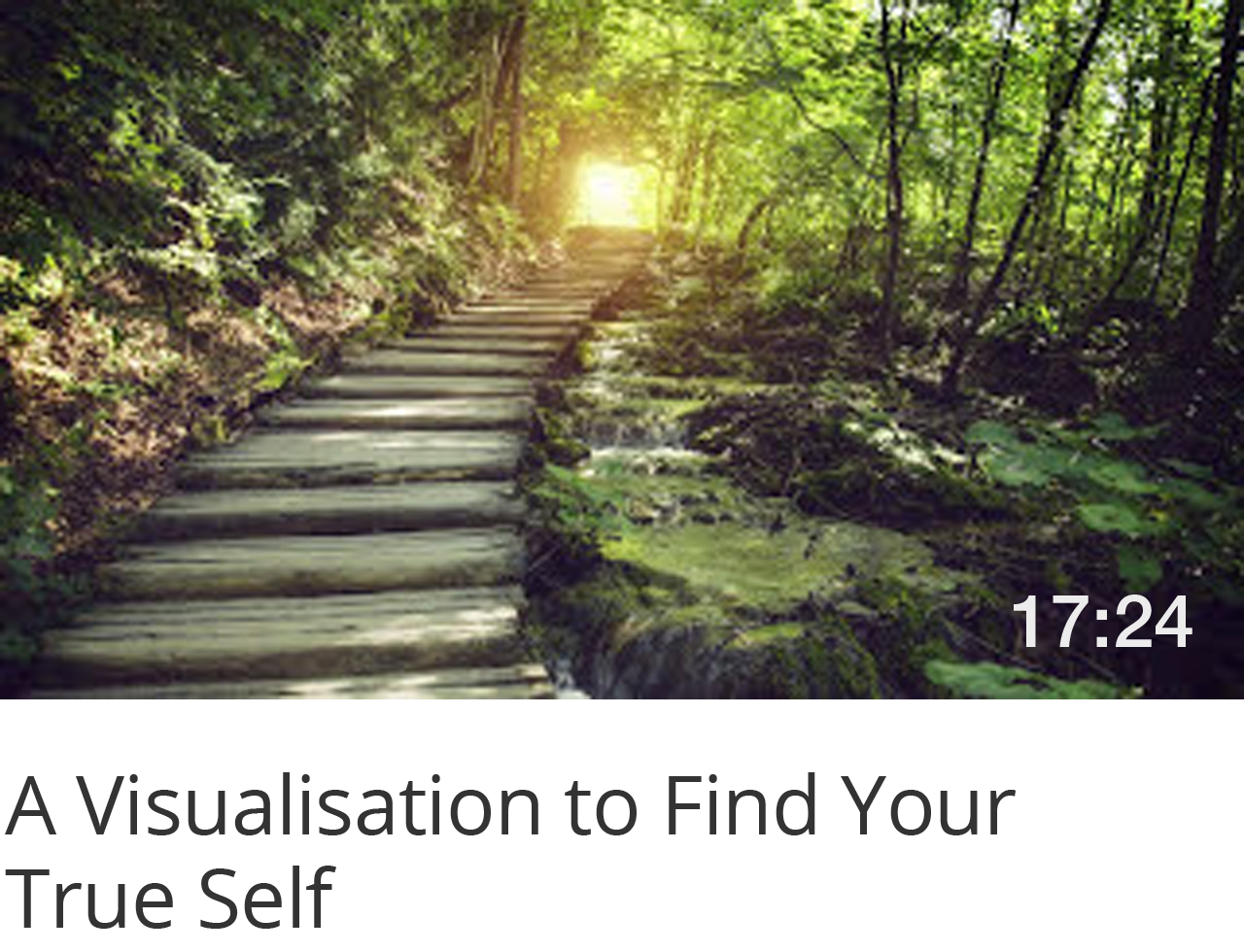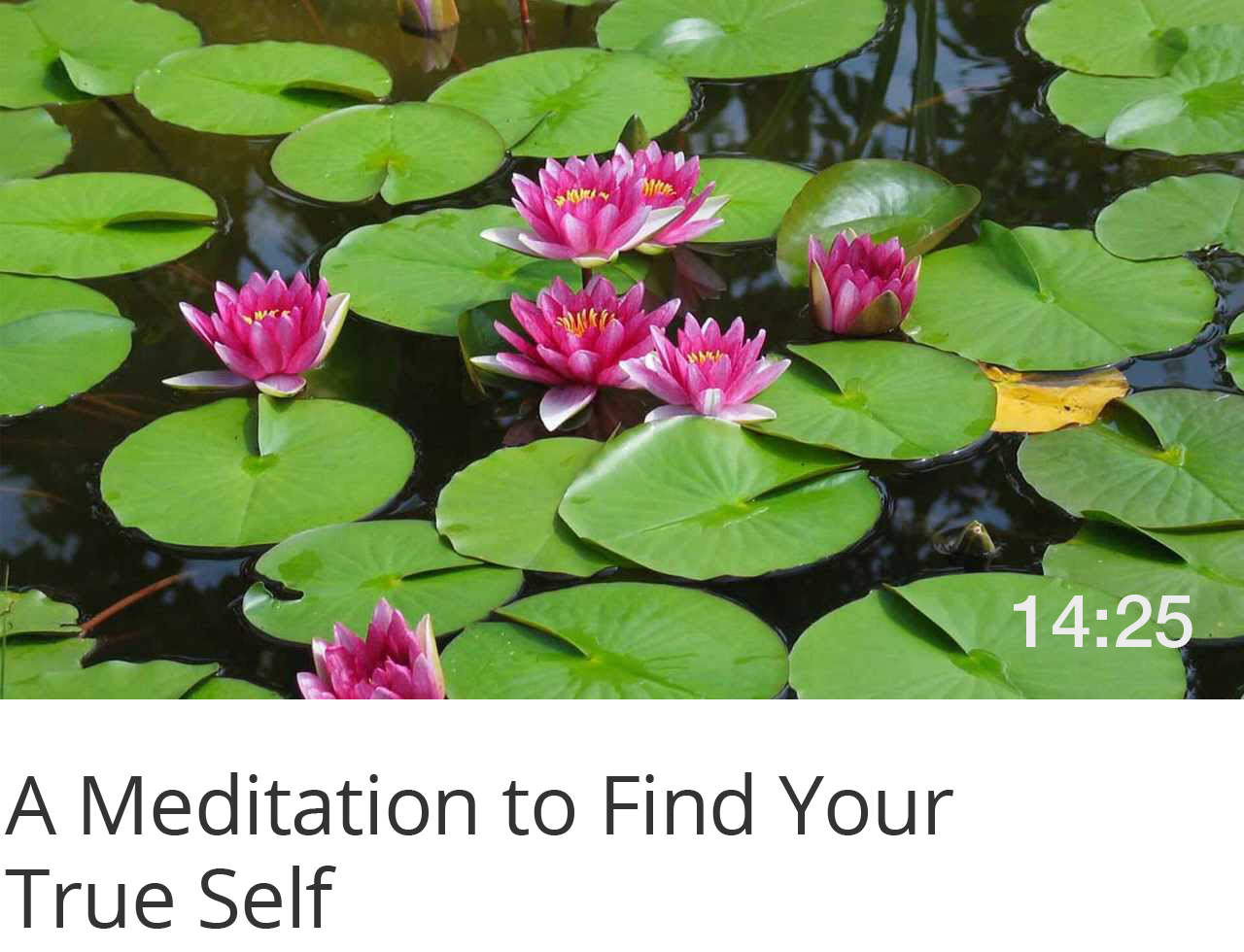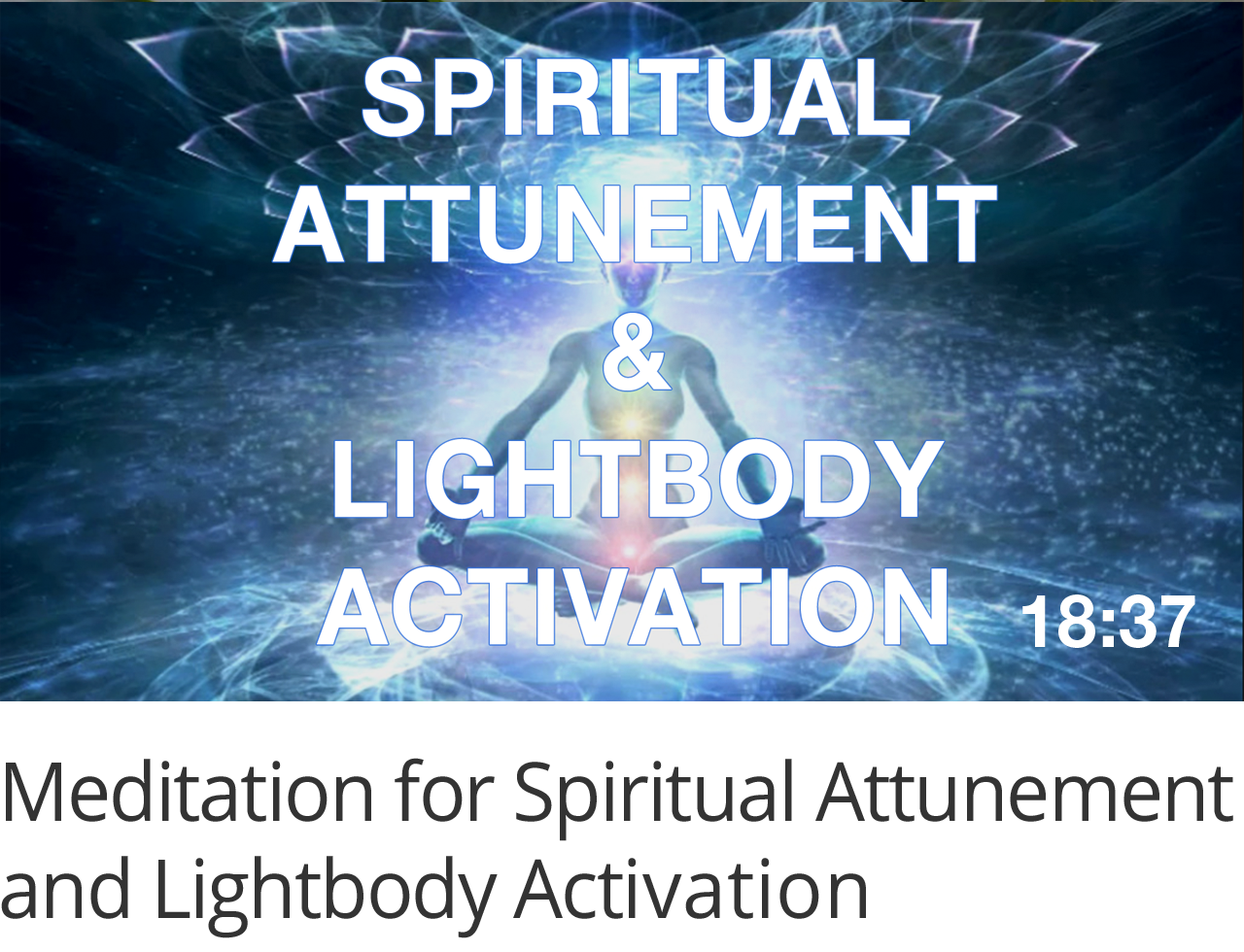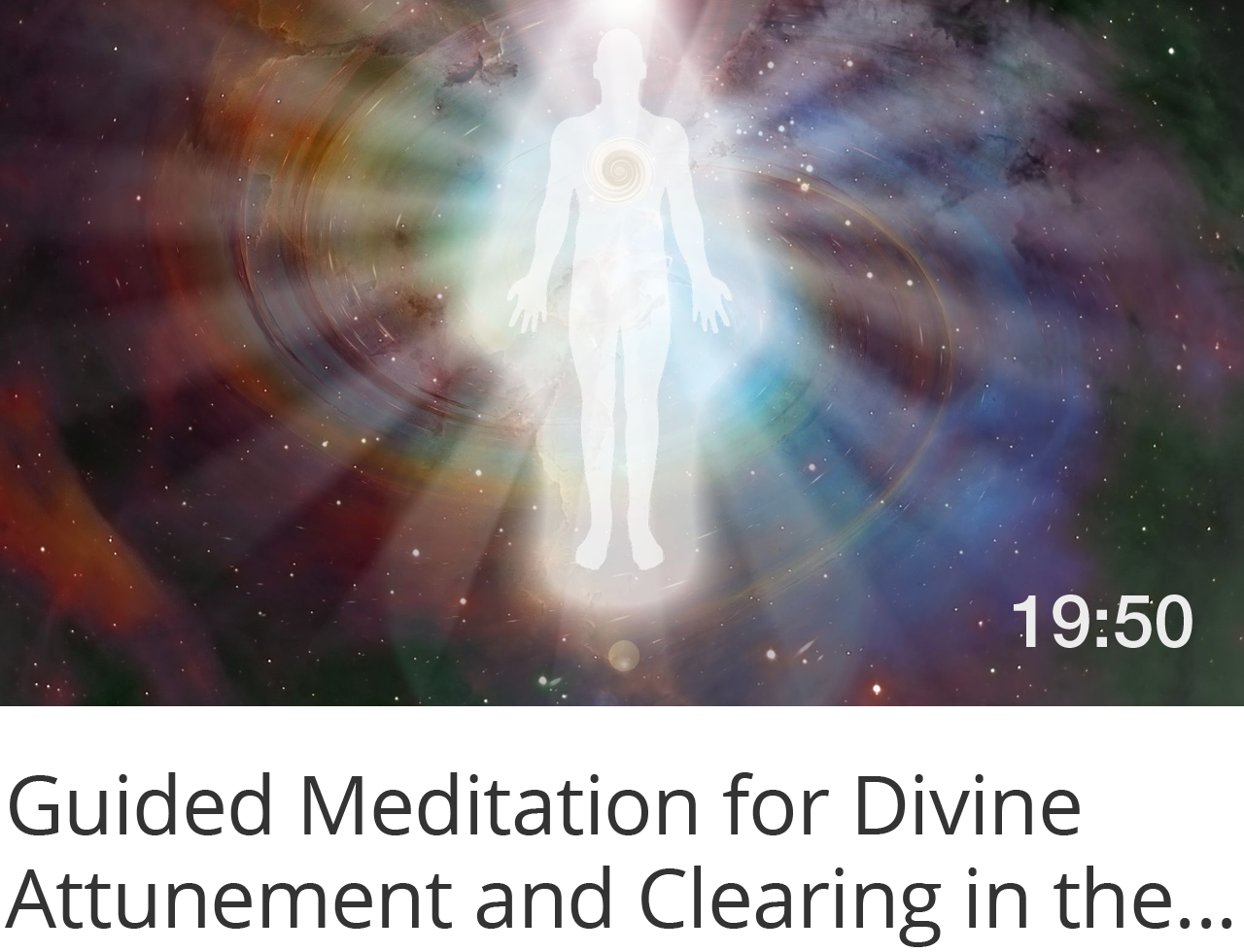Mindfulness, the practice of paying deliberate attention in the present moment, teaches us a lot about why we have helped create a celebrity culture, and why we can become so absorbed in it. Why is this important? Because if we can be mindful of these patterns we can become aware of our hidden needs that drive our fixation on celebrity culture, own them, and transform ourselves into our greatest potential. We can also redirect our wealth and energy to serve our needs and the needs of our community, rather than allow them to be drained out into the big businesses that create celebrities to trigger our reactivity and consumption.
Our Fascination With Celebrities Explained
In the absence of a strong community of authentic relationships, role models become harder to find, and have less significance when, in mass society, money pays for attention. When we pay mindful attention to our fascination with celebrities and their lifestyles, and become aware of the distorted needs that are motivating such a fascination, we realise that our fascination is ultimately driven by our own need for self-actualisation. Our fascination with celebrities is really an attempt—whether it is consciously driven or not—to understand them and model their behaviour so that we too can succeed like them. It is also an attempt to distract ourselves from looking within and facing our unresolved patterns that require transforming, which include all the patterns that cause us to live inauthentically.
When our fascination with celebrities is unconsciously driven, we can inevitably lose the point of the celebrity being a role model for us, and instead dissociate from our needs and become a passive consumer of their life stories and what they help to produce. Mindfulness turns this around and enables us to place our attention on how these self-actualised individuals can serve as a model for our own self-actualisation.
Most celebrities are known for one or more qualities that they have learned to develop and express. Often the celebrity, in whatever sphere of entertainment—be they actors, models, musicians, artists, writers, presenters, or sportspersons—will serve as a role model for the peak-performance, skill, or beauty that they embody. In some cases of course, the performance will be propped up by drugs or the hidden hands of others, and beauty will be enhanced or artificially created by surgery or the computer-generated manipulation of imagery.
When Celebrity Culture Becomes Unhealthy
When money pays for attention in mass society, we become less aware of the achievements of those around us, and more aware of the achievements of remote celebrities that are fed to us in the mass media.
This is unhealthy because the role models that we know as celebrities—while often genuinely gifted—are artificially created and inflated with expensive marketing by the big business interests behind them that wish to exploit their gifts for financial purposes. It is also unhealthy because ultimate success for an individual is then defined in terms of international fame and sponsorship, which is all really a financial stage show for a reactive and vulnerable audience. The idea of community support, authentic personal growth, and peak performance as being integral to individual success is distorted or displaced, so that individual success is seen to really depend on whether a person is received into the arms of media companies and fulfils their expectations as one of their peak performers.
The irony is that this success is often based on unsustainable flows of wealth—such that today a single entertainment show in Hollywood with its mesmerising effects that are deliberately hypnotic can pull hundreds of millions of dollars out of the world’s communities into a single entertainment company. Mindfulness teaches us to look at such reactive, automatic patterns of consumption that we adopt and the way that we enter trance states to allow this, and to think more consciously about the processes involved that result in our wealth leaving our communities to fund the profits of big business. Mindfulness teaches us to call processes such as these by their true names, rather than misrepresent them or gloss over them. Mindfulness brings our attention back to how our money that could be spent in our local community to support the authentic needs of its individuals instead leaks out from its economy.
By funding a celebrity culture with our purchases, we not only perpetuate a distorted idea of success, and cause wealth and life force to leave our local community that should support us, but also perpetuate our own unhealthy psychological patterns.
The entertainment industry that is fronted by the celebrities we are fascinated with bases its success on encouraging us to enter hypnotic states of trance and to react to its impulses and suggestions as a consumer. This is why sexual imagery, violence, sensational drama, and spectacle is so often used to sell entertainment—it can literally transfix us in trance. Take a look at anybody watching a television or movie screen and you will quickly see how obvious it is that they are in a trance—and how familiarised we have become with such trance states that we do not question them, and overlook them. Mindfulness breaks trance states. It brings our attention back under our conscious control in the here and now so that we can harness our energy, start living fully again, and address our authentic needs and life potential—rather than get lost on the automatic pilot of psychological reactivity and consumerism.
Mindfulness stops us from dissociating and using entertainment and celebrity fixation as an escape from the responsibility of addressing our self-development and community development. In mass society the structures of community support are weak because communities are weak. Owning and dealing fully with our responsibilities then becomes challenging and sometimes a gargantuan task, which is why escapism or dissociation into entertainment and celebrity culture becomes an easy option.
Of course, entertainment itself is not a bad thing, particularly when it is an expression of authentic living and achievement within our communities and personal lives, and when it inspires us to honour our own beauty, power, and potential, and the joy of life; it is how it is used that is the issue.
Establishing Authentic Role Models
The existence of authentic role models ideally requires a strong community of mindful individuals, where support and cooperation nurtures talent and potential. Mindfulness, by encouraging us to be present in our true self, helps us to discover and actualise our life gifts and life purpose. Mindfulness also encourages us to build authentic relationships and through them a strong community. In these circumstances positive role models can thrive. Where community is weak, social anonymity results, and the opportunity to seek out local role models and mentors is greatly reduced.
It is essential that our role models do come from our community, and are not taken from the manufactured celebrities of the entertainment industry that create addiction and unsustainable flows of wealth out of our community. We need real people that we can interact with in our local community as role models, not distant role models in the mass media that distort our idea of success. We need local role models, local entertainment, and local storytelling to harness our community’s collective wealth, not leak it out into big business and reinforce the dominance of the global economy.
The establishment of community role models depends on local investment. Not just the investment of local money to provide local services and resources, but also the local belief, care, self-worth, cooperation, and community values that create the environment for self-actualisation. Healthy, authentic communities are a support system, a nursery for self-development. Human character is shaped by its environment, and it is therefore crucial that the environment is a healthy, supportive one. Role models are ultimately a testament of a community’s health and an individual’s capacity to self-actualise through mindful determination and community support.
In order to recognise an authentic role model, look for people who excel at being mindful, healthy, and self-actualised. Look for people who can show you by their example how to find your authentic needs and fulfil them through goal-setting. Look for people who have not been manufactured in somebody else’s image, but are unmistakably and gloriously self-realised.
To learn more about integrating mindfulness and authenticity into your life, consider booking a Guidance Call with me.


